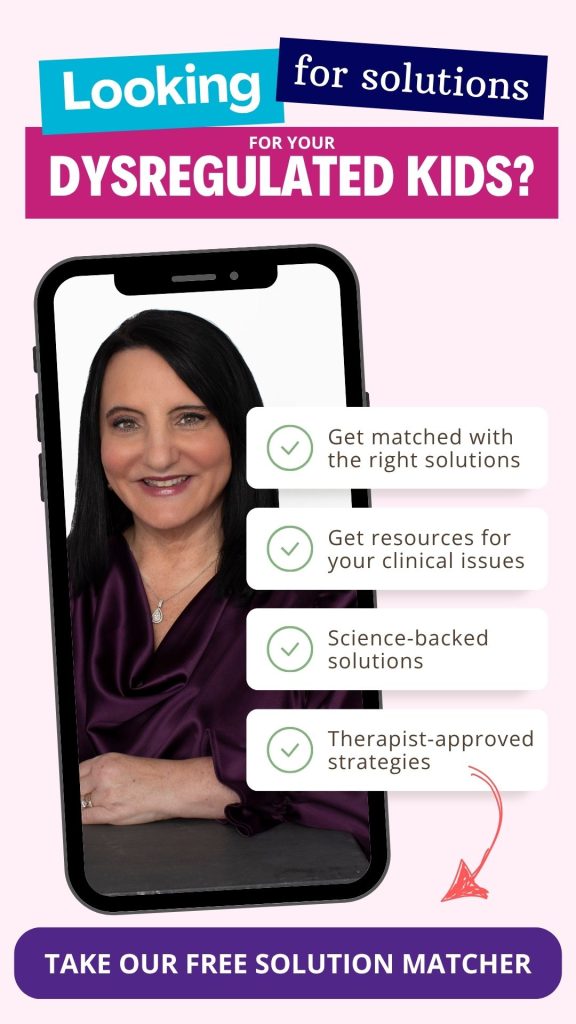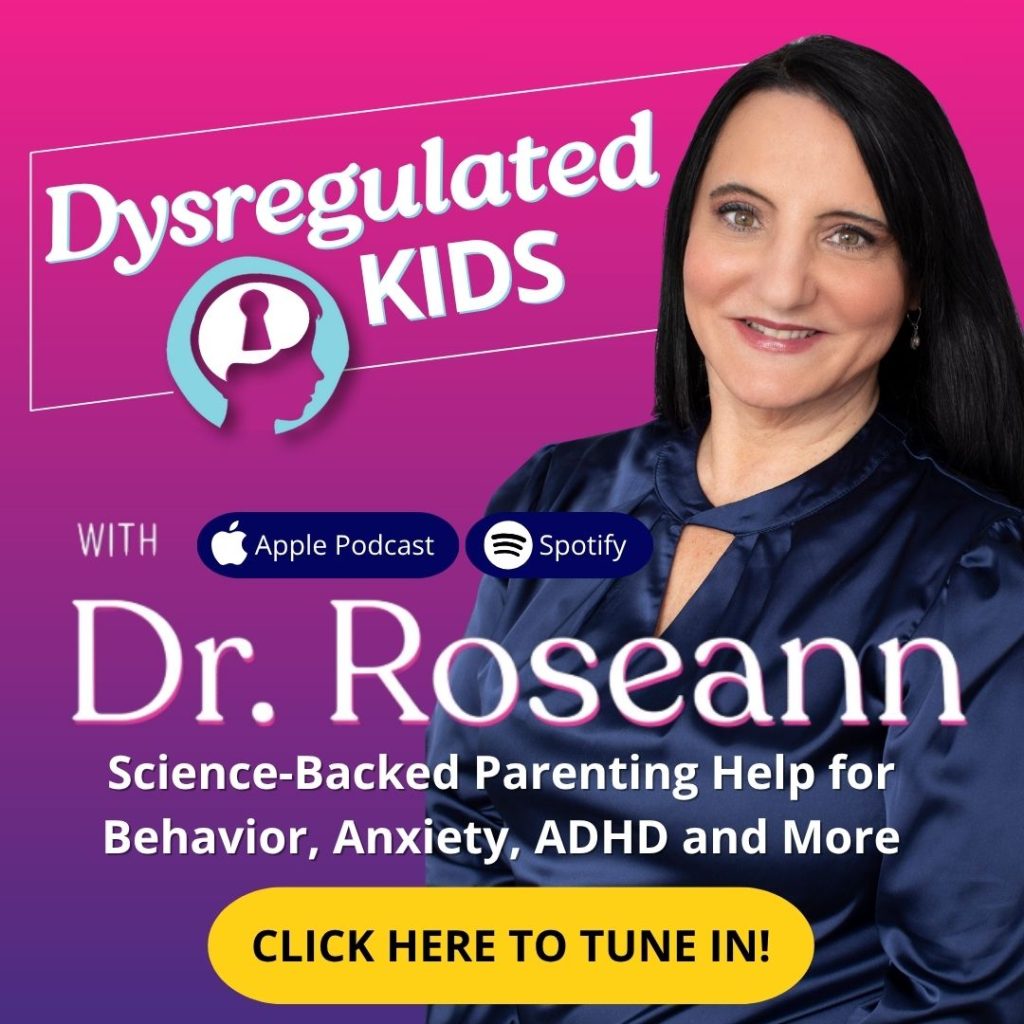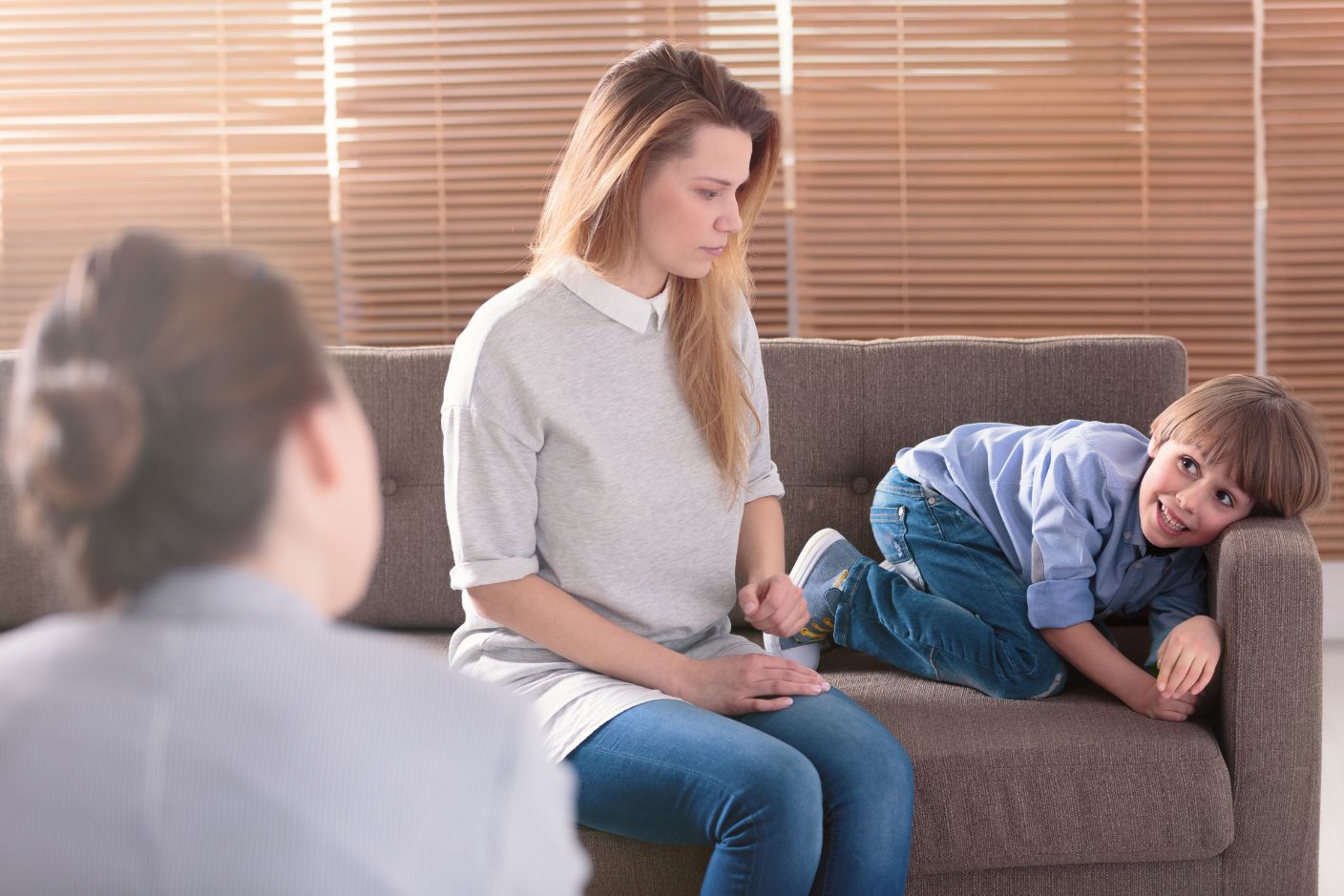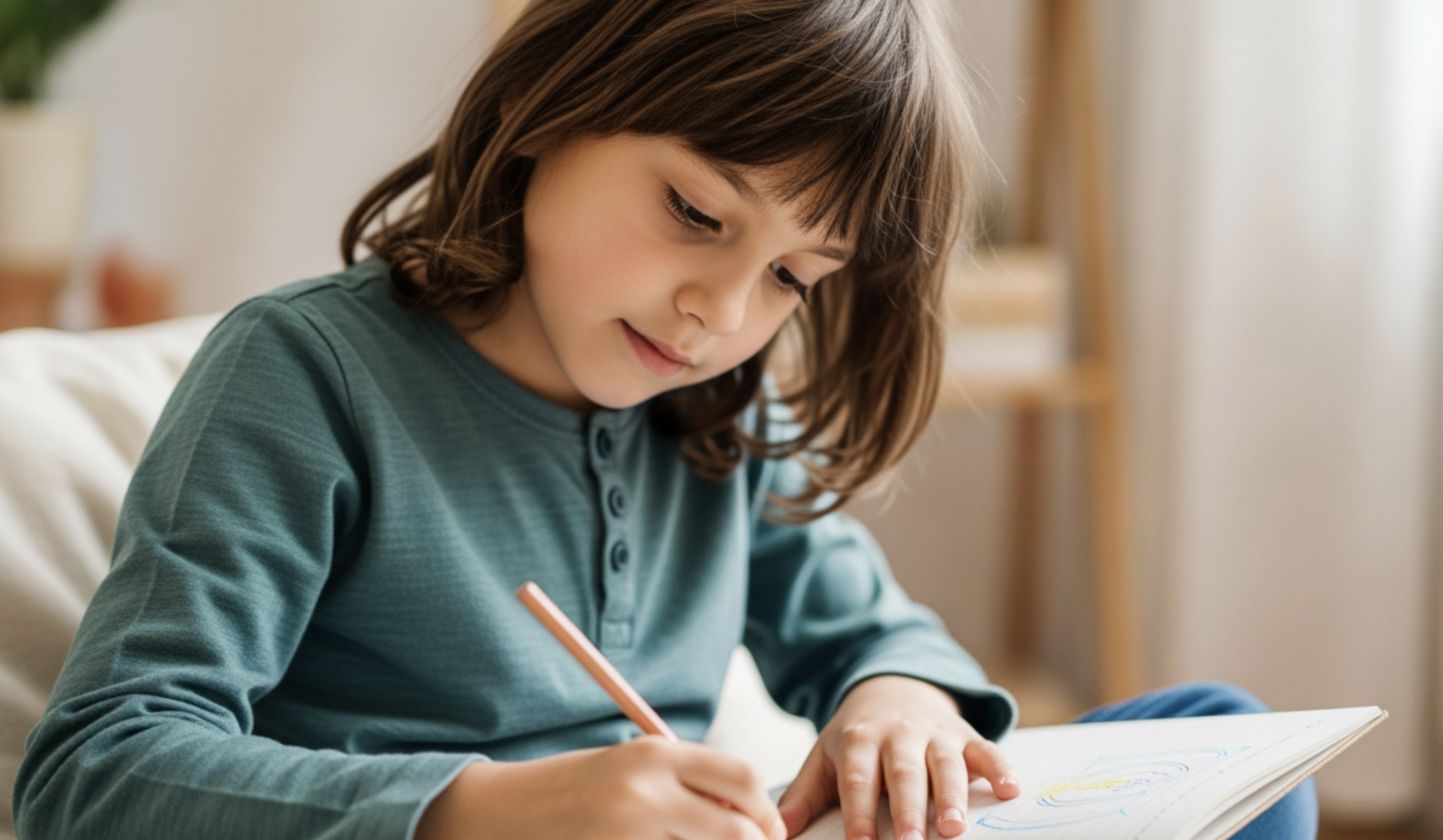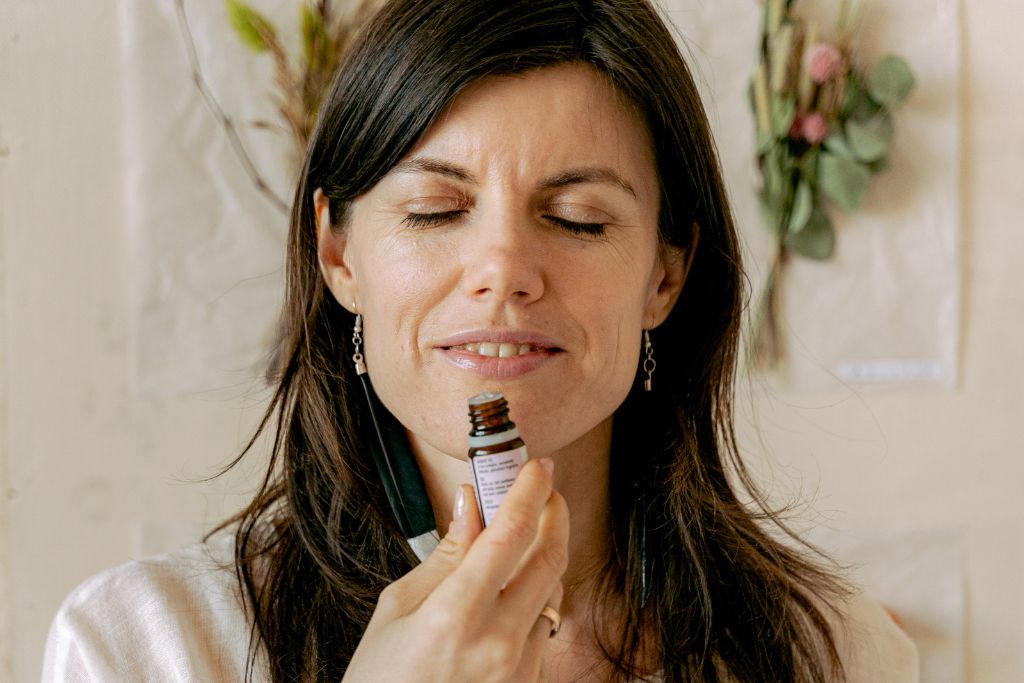
Estimated reading time: 5 minutes
If bedtime feels like a battlefield, you’re not alone—and there’s a natural, calming solution that just might help everyone rest easier tonight.
As a parent, there’s nothing more exhausting than bedtime chaos.
The tossing. The turning. The “I’m not tired” tantrums at 9 p.m.
For kids with ADHD, anxiety, OCD, or sensory issues, sleep isn’t just hard—it’s a full-body dysregulation issue.
And when your child doesn’t sleep, you don’t sleep. Which means the next day starts off already in survival mode.
The good news? You can support your child’s sleep without turning to medication—starting with essential oils for sleep in children. These gentle, natural tools help calm the brain, ease the stress response, and create a consistent rhythm for rest.
In this guide, I’ll share exactly how essential oils can support your child’s nervous system so you can start seeing calmer nights (and mornings that don’t start with meltdowns).
What are the best essential oils for sleep in children?
Certain essential oils have properties that help the brain shift out of “go mode” and into “rest mode.” These oils calm the nervous system, regulate cortisol, and promote parasympathetic activation—the exact kind of state a dysregulated brain needs to fall (and stay) asleep.
Top essential oils for sleep:
- Lavender – Reduces anxiety and improves sleep quality
- Roman Chamomile – Eases irritability and nervous tension
- Cedarwood – Grounds and soothes overstimulated brains
- Ylang Ylang – Promotes emotional relaxation
- Frankincense – Helps regulate breathing and brain wave activity
Best Essential Oils for Sleep by Symptom
SymptomRecommended OilEffect Trouble falling asleep Lavender Promotes relaxation Restless sleep Cedarwood Calms overstimulated brain Bedtime anxiety Chamomile, Ylang Ylang Reduces emotional arousal Night wakings Frankincense Stabilizes sleep cycles
How do essential oils help the brain and body prepare for sleep?
Essential oils activate the olfactory nerve, which connects directly to the limbic system—the part of the brain that controls emotion, memory, and the stress response.
By inhaling calming scents, your child can begin to:
- Lower cortisol and adrenaline
- Increase GABA, the “calm brain” neurotransmitter
- Shift into a parasympathetic (rest-and-digest) state
"Lavender and chamomile are among the most researched essential oils for their sedative effects on the central nervous system."
— Dr. Mahmoud Mansour, Professor of Neuropharmacology
Sleep is a nervous system function—so we need to calm the nervous system first.
Which essential oils are safest for kids at bedtime?
When used correctly, essential oils for sleep in children are generally safe and well-tolerated. But not all oils—or methods—are created equal.
Safe sleep oils for kids:
- Lavender (Lavandula angustifolia)
- Roman Chamomile (Chamaemelum nobile)
- Cedarwood (Juniperus virginiana)
- Sweet Orange (Citrus sinensis)
- Frankincense (Boswellia carterii)
Safety tips:
- Always dilute oils with a carrier oil (max 5%) for topical use
- Use kid-safe oils and age-appropriate methods
- Avoid hot oils like eucalyptus or peppermint near bedtime
- Diffuse for no more than 30 minutes at a time
What’s the best way to use essential oils for sleep support?
Essential oils work best when paired with a consistent bedtime routine that signals “sleep is coming.” Use them during the wind-down window—the 30 to 60 minutes before lights out.
Calming application methods:
- Diffuser: Add 2–3 drops of lavender or cedarwood
- Roll-on oil: Apply diluted blend to feet, wrists, or chest
- Aromatherapy plushie or bracelet: Great for sensory seekers
- Bedtime bath: Add 2 drops of chamomile or frankincense to Epsom salt and mix into warm water
Want more natural strategies like this every week?
Join 20,000+ parents in The Dysregulation Insider newsletter for simple, science-backed tips: www.drroseann.com/newsletter

Can essential oils help kids with anxiety, ADHD, or sensory issues sleep?
Yes—and here’s why: sleep challenges in kids with these diagnoses are almost always nervous system-based.
Kids with ADHD, anxiety, OCD, or autism are often stuck in fight-flight-freeze mode. Their brains are too activated to relax—and no amount of “go to sleep” reminders will override biology.
One parent in our community started using a cedarwood and lavender blend every night with her 8-year-old son with PANS:
“It didn’t just help him fall asleep—it helped his whole body relax for the first time in weeks.”
💡 When the nervous system is calm, sleep can happen. Essential oils create that bridge.
What bedtime routines work well with essential oils?
Routines are the scaffolding of regulation—and adding essential oils creates an anchor for sleep that builds trust and consistency in the brain.
Bedtime Routine Sample:
- Bath with chamomile + Epsom salt
- Diffuser on with lavender while brushing teeth
- Apply roll-on to back of neck or feet
- Read story with dim lights
- Deep breaths together while inhaling calming scent

Are there any risks or side effects I should know?
Essential oils are generally safe for most children when used topically or diffused in moderation. But as with any wellness tool, a few things to keep in mind:
Avoid:
- Using oils undiluted on the skin
- Ingesting oils unless under professional care
- Diffusing for hours—short sessions are more effective
- Oils near sensitive areas (eyes, mucous membranes)
When in doubt, start with lavender—the most gentle and well-researched oil for children.
“Parents should always perform a patch test when introducing a new essential oil.”
— Dr. Eric Zielinski, author of “The Healing Power of Essential Oils”
Final Thoughts: Essential Oils for Sleep in Children
When it comes to helping your child fall and stay asleep, essential oils are a powerful nervous system tool—especially for kids who struggle with self-regulation, anxiety, and overstimulation.
Whether you start with a simple lavender diffuser or a full bedtime routine, the key is consistency and nervous system support.
You’re not alone. You’re not doing anything wrong. You just need to calm the brain first. Need help creating calming routines that actually work?

FAQs
What’s the best essential oil for sleep in kids?
Lavender is the most widely used and research-backed oil for improving sleep in children.
Can I use essential oils for babies and toddlers?
Always consult a provider first. For kids under 2, stick to diffusion and avoid skin application.
How quickly do essential oils work for sleep?
Most calming oils work within 15–30 minutes of diffusion or application.
Do I need a special diffuser for kids?
No, but use only high-quality ultrasonic diffusers designed for essential oils, and keep sessions short.
Citations
Ayaz, M., Sadiq, A., Junaid, M., Ullah, F., Subhan, F., & Ahmed, J. (2017). Neuroprotective and Anti-Aging Potentials of Essential Oils from Aromatic and Medicinal Plants. Frontiers in Aging Neuroscience, 9(168). https://doi.org/10.3389/fnagi.2017.00168
Damian, P., & Damian, K. (1995). Aromatherapy: Scent and Psyche: Using Essential Oils for Psychological and Physical Well-being. Healing Arts Press.
Koulivand, P. H., Khaleghi Ghadiri, M., & Gorji, A. (2013). Lavender and the Nervous System. Evidence-Based Complementary and Alternative Medicine. https://www.hindawi.com/journals/ecam/2013/681304/
Dr. Roseann is a mental health expert in Self-Regulation who frequently is in the media:
- Healthline Understanding Self-Regulation Skills
- Scary Mommy What Is Self-Regulation In Children, And How Can You Help Improve It?
- The Warrior Parent Podcast It's Gonna Be OK! Changing Behaviors and Responses (And The Magic of Magnesium)In Your Family with Dr. Roseann Capanna-Hodge
Always remember... “Calm Brain, Happy Family™”
Disclaimer: This article is not intended to give health advice and it is recommended to consult with a physician before beginning any new wellness regime. *The effectiveness of diagnosis and treatment vary by patient and condition. Dr. Roseann Capanna-Hodge, LLC does not guarantee certain results.
Are you looking for SOLUTIONS for your struggling child or teen?
Dr. Roseann and her team are all about science-backed solutions, so you are in the right place

© Roseann Capanna-Hodge

%20.png)


